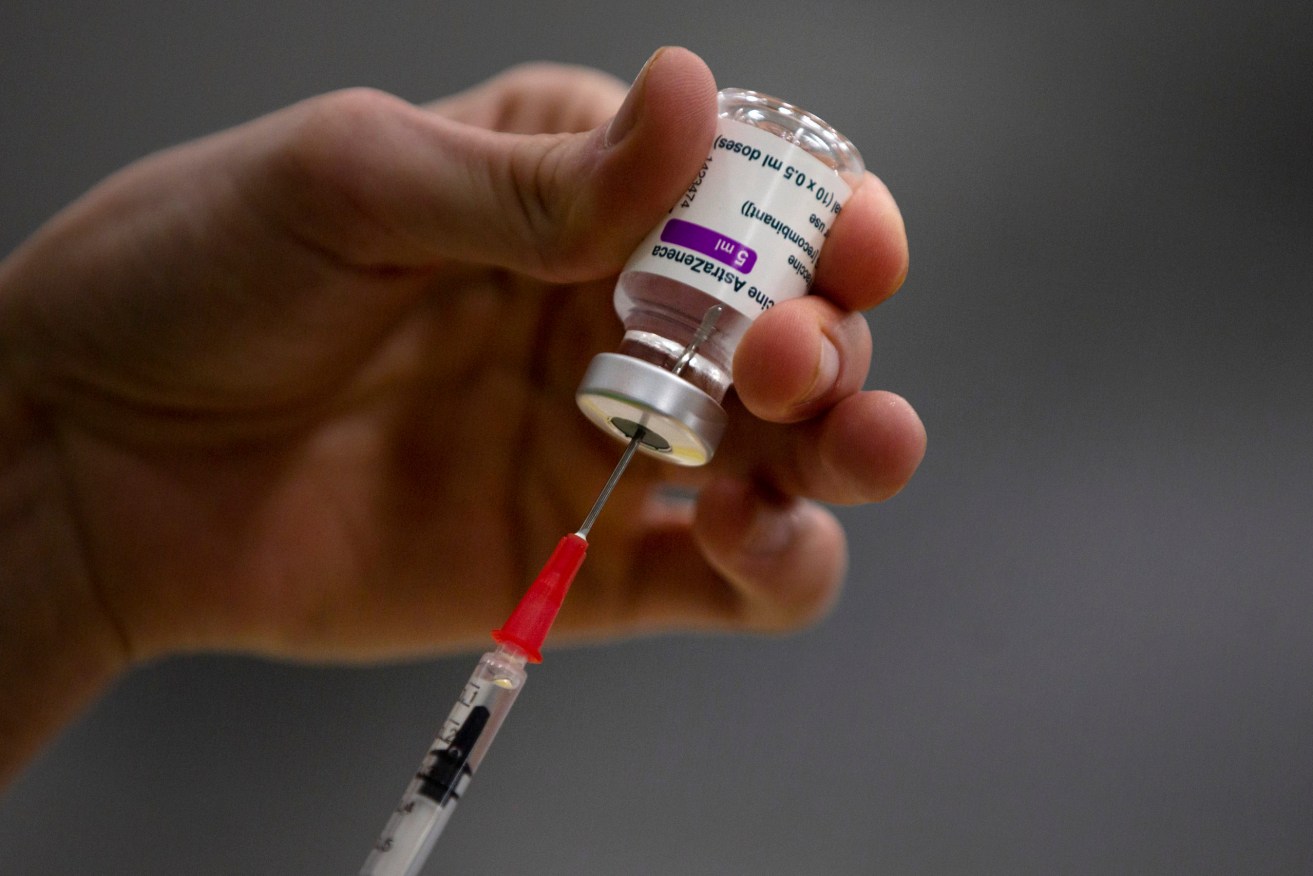$3m grant to kickstart human trials of SA COVID vaccine
A South Australian immunologist has won a $3 million grant to help develop a new locally-produced COVID-19 vaccine which aims to guard against variants of the disease and may only require one jab.


Photo: AP/Virginia Mayo
Professor John Hayball, Chief Scientific Officer of Adelaide biotech company Sementis and a UniSA researcher, has been awarded the federal government grant as part of the $20 billion Medical Research Future Fund to support health and medical research.
Hayball told InDaily the funding would enable UniSA and Sementis to begin a six-month human trial of the “next-generation” COVID-19 vaccine by mid-2022, following a local trial on hamsters.
He said the Sementis vaccine would be an “effective booster” for the range of initial vaccines being rolled out across Australia and also had the potential to operate as a single dose, stand-alone jab to protect against mutant strains of coronavirus.
“It may well provide protection against the variants of concern because of the nature of the way that we’ve made that vaccine and what we’ve put into that vaccine,” Hayball said.
“Our vaccine is not just a spike only vaccine; we’ve put other antigenic proteins from the virus into that vaccine, so there is scope to produce a broader and stronger immune response. “
The Sementis vaccine is based on the Sementis Copenhagen Vector (SCV) platform and has been in development since March 2020.
It is a viral-vector vaccine like AstraZeneca, but based on the vaccinia virus while the AstraZeneca vaccine is based on adenovirus.
The Sementis vaccine is intended to provide an Australian-owned and developed vaccine technology, complementing the existing vaccines being rolled out across the world.
Hayball said the SCV platform had the ability to accommodate large amounts of genetic information, which offered broad protection against the coronavirus.
“The SCV platform is the most advanced viral-vector vaccine platform technology to be developed in Australia,” he said.
“This means that we can incorporate other antigenic proteins from SARS-CoV-2 into the vaccine with the aim to generate broad-ranging immunity and prevent transmission, areas of increasing importance in response to SARS-CoV-2 mutant strains.”
The Sementis vaccine is being developed with a view to large-scale manufacturing.
But Hayball said the approval of a clinical-grade international manufacturing partnership would be key to progressing the vaccine.
“We are working with a cohort of international based contract manufacturing organisations to determine … the manufacturing plan,” he said.
“The manufacturing plan is really as big as making the vaccine.
“Clinical manufacturing of vaccine is virtually non-existent in Australia … and we’ve had to reach out internationally to manufacture our vaccine in the first instance.
“Obviously we’d love to bring that manufacturing back to Australia but unfortunately there simply isn’t the capacity within Australia to make the sort of technically demanding processes required in advanced biologics more broadly and certainly advanced vaccine.”
It comes as Labor urges the State Government to “aggressively pursue the potential to produce the mRNA vaccine” in South Australia, saying a local manufacturing facility would support jobs and provide “vaccine security, avoid global supply chain issues and create a more robust defence against future pandemics”.
“The COVID-19 pandemic has highlighted the importance of sovereign manufacturing capability,” Labor Leader Peter Malinauskas said.
“Manufacturing our own vaccine right here in South Australia would not only deliver sovereign manufacturing capability but help address out state’s jobs crisis.”
Biologics firm BioCina on Wednesday said it could begin manufacturing mRNA vaccines at an Adelaide facility “within 12 months” pending federal government support.
A 4600 square metre facility located in Thebarton is the candidate for the production contract, with BioCina claiming it is the “most advanced facility of its kind in Australia”.
Currently, Australia’s only COVID-19 vaccine manufacturing plant is the CSL facility in Melbourne, which exclusively produces the AstraZeneca vaccine.
Australia has supply contracts for 40 million Pfizer vaccines and 50 million AstraZeneca doses.
Overnight US pharmaceutical company Moderna announced it would also provide 25 million doses of its COVID-19 vaccine to Australia over the next two years, with the company saying it’s in discussions with the federal government to establish “potential local manufacturing opportunities”.
The new supply agreement would see 10 million Moderna doses delivered to Australia in 2021 followed by 15 million doses of the company’s variant booster candidate delivered in 2022, according to the biotech firm.
The agreement is subject to the vaccine’s approval from Australia’s Therapeutic Goods Administration, with Moderna saying it anticipates submitting for regulatory approval “shortly”.
The federal government also has a supply contract for 50 million Novavax doses, although that vaccine is yet to pass phase three clinical trials.
More than 2.8 million people have received a COVID-19 vaccine in Australia as of Wednesday, including more than 207,000 in South Australia.




